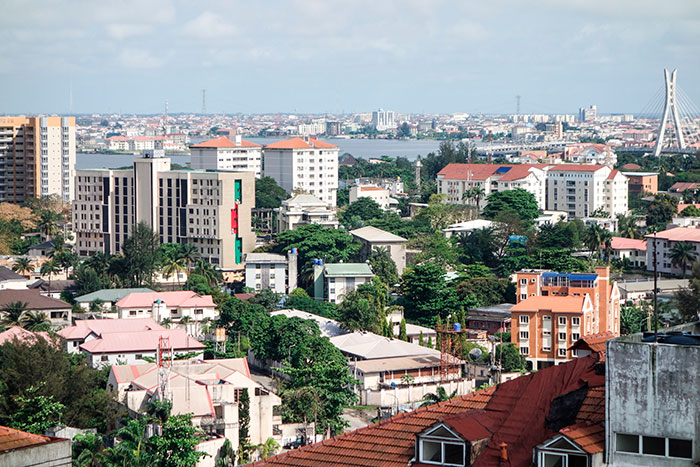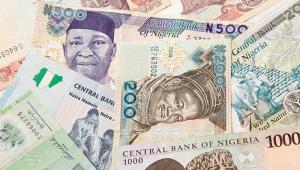lagos-nigeria-shutterstock_229106317.jpg

Lagos, Nigeria ©Shutterstock
The country’s Federation Account Allocation Committee, which collects revenue from the sale of natural resources such as oil, said it could see its monthly receipts drop to around half the normal rate over coming months.
The FAAC divides this revenue between the federal and state governments, so such a large drop in receipts could leave large parts of the public sector without the money to administer services.
Africa’s largest economy – and biggest oil exporter – experienced similar challenges following the 2008 financial crisis and the commodity price shock in 2015, but the minister warned that it had “considerably lower fiscal buffers” in place now. He added that a serious outbreak of coronavirus – despite lockdowns being in place in Lagos and Ogun – remains a risk.
The government has requested $3.4bn from the IMF, $2.5bn from the World Bank and $1bn from the African Development Bank, finance minister Zainab Ahmed said at a press briefing.
She said she did not expect the IMF agreement to be conditional on the government making economic reforms, because it is money Nigeria has contributed itself, nor did she expect to have to enter a formal programme in the future.
The Nigerian government has drawn up a stimulus package of $1.3bn to upgrade healthcare facilities and provide infrastructure building jobs for workers who are laid off during the crisis.
The money from multilateral lenders would go towards implementing the 2020 budget.
Nigeria’s economic fortunes have long been tied to the price of oil: between 2000 and 2014, its GDP grew by an average of 7% each year, but following the oil price collapse in 2015 it dropped to 2.7%, before contracting by 1.6% in 2016 – its first recession in 25 years.
President Muhammadu Buhari, who has been in power since 2015 and was reelected last year, has said diversifying the economy is high on his agenda.












